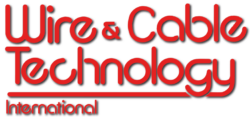Why Wire Harness Manufacturers Should Embrace IPC J-STD-001J
Good soldering skills are essential in the wire harness industry because they ensure reliable and durable electrical connections. In this industry, wire harnesses are crucial components used to transmit signals and power within various types of machinery and equipment, from automobiles to industrial machines. Poor soldering can lead to weak joints, which can cause electrical failures, intermittent connections and even safety hazards due to short circuits or overheating. Ensuring that solder joints are strong, clean and properly insulated helps maintain the integrity and longevity of the harnesses, preventing costly repairs and downtime.
Skilled soldering contributes to the overall quality and efficiency of the manufacturing process. Precision in soldering reduces the likelihood of defects and rework, which can significantly impact production schedules and costs. As wire harnesses often need to fi t into tight spaces and complex configurations, proficient soldering ensures that components are assembled correctly and can withstand the mechanical stresses they may encounter during installation and operation.
This level of craftsmanship not only enhances the performance and reliability of the final product but also upholds the reputation of the manufacturers in a competitive market where quality and dependability are paramount. In the highly competitive and quality-centric realm of wire harness manufacturing, adhering to industry standards is not merely a best practice, it is a strategic necessity. IPC J-STD-001J, “Requirements for Soldered Electrical and Electronic Assemblies,” stands out as a critical standard that wire harness manufacturers should prioritize.


